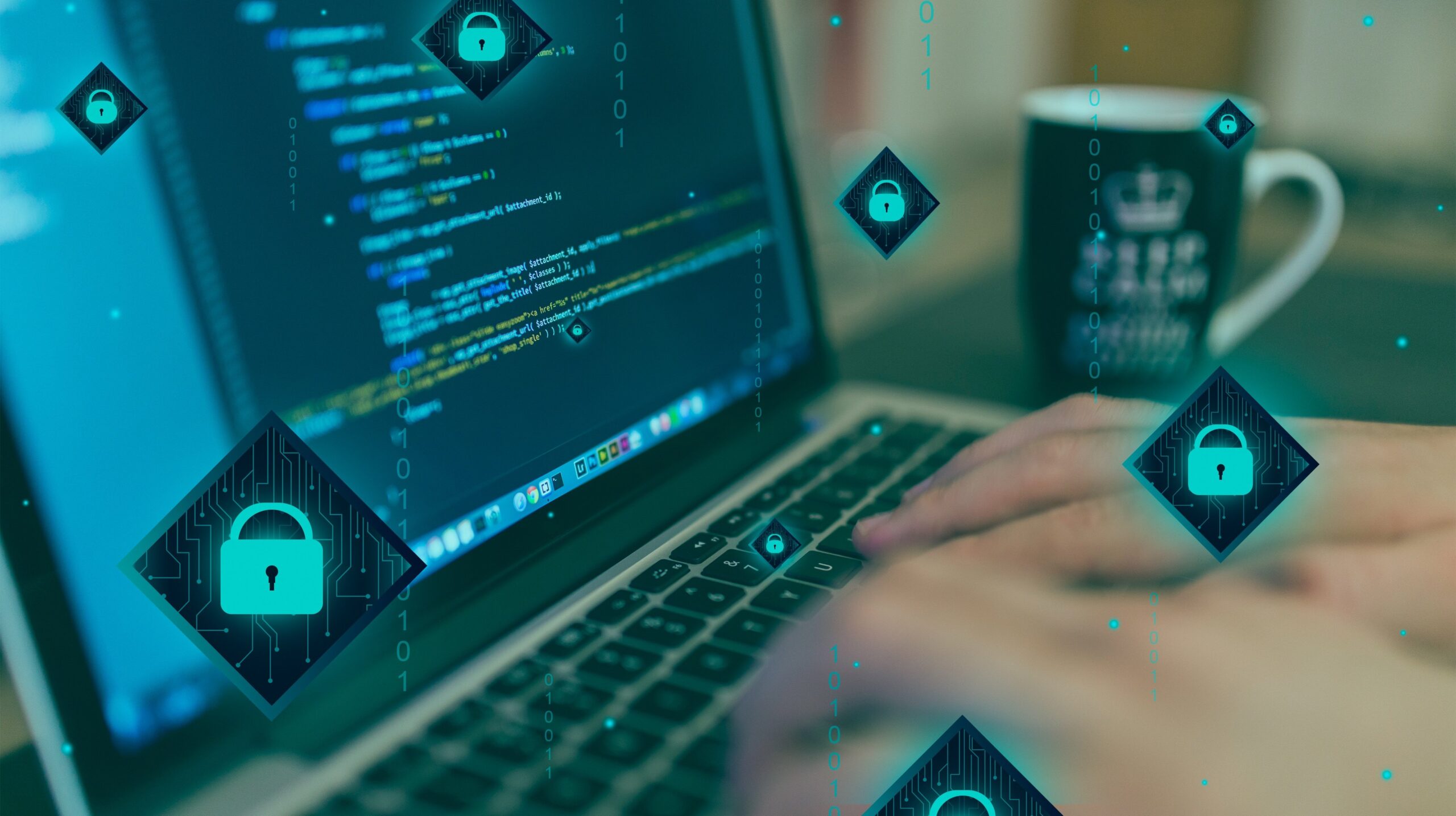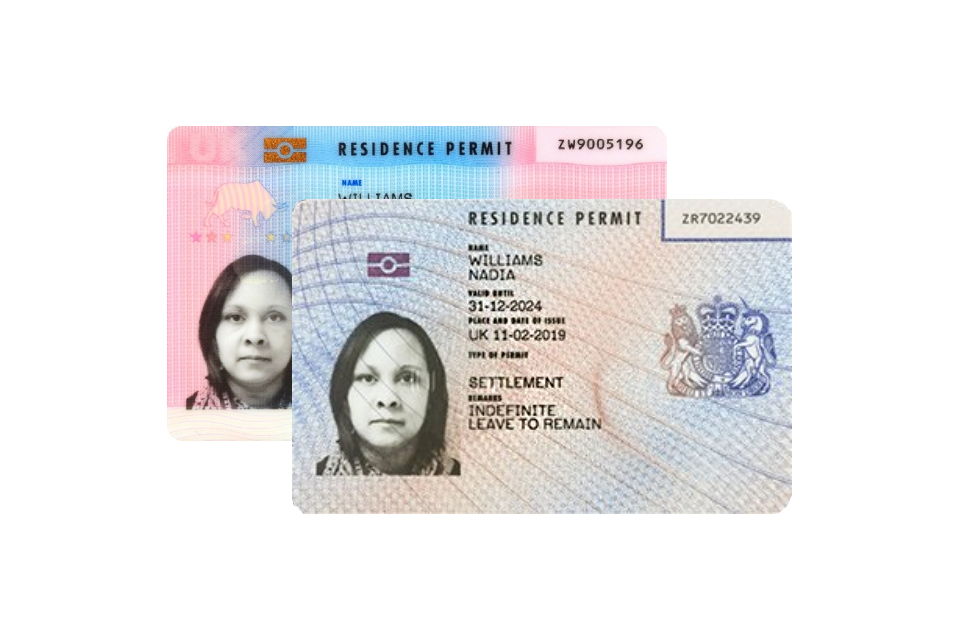One in five feel more at risk
Credit: Adobe Stock
One in five people living in the UK have felt more at risk of cybercrime and fraud since the coronavirus lockdown was announced in March, new polling has revealed.
A poll by Ipsos MORI found that people felt most at risk of someone accessing their online accounts without permission, at 58%, and devices being infected with a computer virus or other malware, at 57%.
Since the UK went into lockdown on 23 March, 22% of people said they have felt more at risk of buying counterfeit goods online, and 20% said they felt more at risk of someone accessing their online accounts without permission.
In Scotland, 55% of people felt they were at risk of someone accessing their online accounts, including social media and bank accounts, without their permission, with 37% not feeling at risk.
Fifty-five per cent of Scots surveyed said they felt at risk of their devices being infected with a computer virus or other malware. Almost half (47%) in Scotland said they personally felt at risk of money being stolen from their bank account, with 41% feeling at risk of buying goods online that turned out to be fake or counterfeit and 49% at risk of someone accessing their personal devices without permission.
Related content
- Coronavirus has been a boon for cybercriminals
- ‘Policing is not set up for a world in which so much crime is committed online’
- All police forces create cybercrime units
However, 41% of Scots said they had not done anything to protect themselves from cybercrime since lockdown was announced, including checking if a company is genuine before sending payment or information, reporting suspicious emails, updating their passwords, turning on two-factor authentication or installing anti-virus software on devices. Twenty-nine per cent have taken some cyber-security steps since lockdown.
Overall in the UK one in five people, or 18%, said they had received emails, text messages or calls offering investment or money-making opportunities or senders callers impersonating a government department or other public service. Thirteen per cent said they had received emails, text messages or calls regarding the sales of face masks, personal protective equipment or coronavirus testing kits from unofficial sources.
Ipsos MORI associate director James Stannard said when it came to specific risks “people are most concerned about their online accounts being accessed without permission or their devices being infected with viruses or malware”.
“While around a third of people who have taken steps to be more cybersecure say they have done so as direct result of feeling more at risk, it’s vital everyone does more to protect themselves from fraud and cybercrime, not just those who feel more vulnerable,” he said.
The survey used a representative sample of 1,064 British adults aged 18-75, with interviews conducted online in mid-June.



